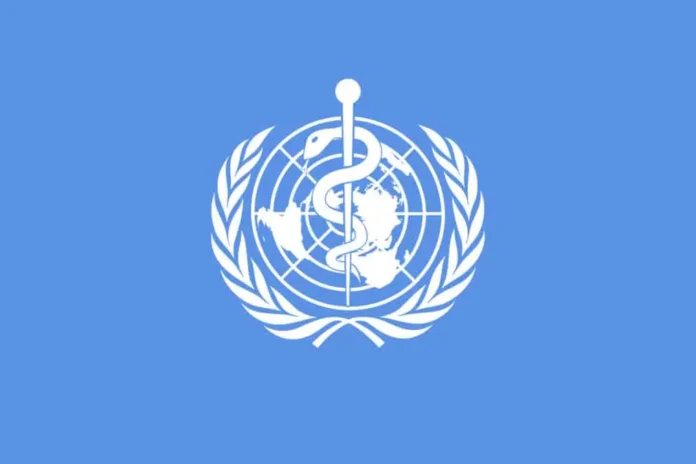Last Updated on October 19, 2024 by The Health Master
Protect and preserve the source of human health: Nature.
Economies are a product of healthy human societies, which in turn rely on the natural environment – the original source of all clean air, water, and food. Human pressures, from deforestation, to intensive and polluting agricultural practices, to unsafe management and consumption of wildlife, undermine these services. They also increase the risk of emerging infectious diseases in humans – over 60% of which originate from animals, mainly from wildlife.
Invest in essential services, from water and sanitation to clean energy in healthcare facilities.
Around the world, billions of people lack access to the most basic services that are required to protect their health, whether from COVID-19, or any other risk. Hand washing facilities are essential for the prevention of infectious disease transmission, but are lacking in 40 % of households. Antimicrobial-resistant pathogens are widespread in water and waste and their sound management is needed to prevent the spread back to humans.
Ensure a quick healthy energy transition.
Currently, over seven million people a year die from exposure to air pollution – 1 in 8 of all deaths. Over 90% of people breathe outdoor air with pollution levels exceeding WHO air quality guideline values. Two-thirds of this exposure to outdoor pollution results from the burning of the same fossil fuels that are driving climate change .
Several of the countries that were earliest and hardest hit by COVID-19, such as Italy and Spain, and those that were most successful in controlling the disease, such as South Korea and New Zealand, have put green development alongside health at the heart of their COVID-19 recovery strategies.
Promote healthy, sustainable food systems.
Diseases caused by either lack of access to food, or consumption of unhealthy, high calorie diets, are now the single largest cause of global ill health. They also increase vulnerability to other risks – conditions such as obesity and diabetes are among the largest risk factors for illness and death from COVID-19.
Also read:
Also read: RT-LAMP kits soon for COVID-19 diagnosis: HM
Build healthy, liveable cities.
Over half of the world’s population now lives in cities, and they are responsible for over 60% of both economic activity and greenhouse gas emissions. As cities have relatively high population densities and are traffic-saturated, many trips can be taken more efficiently by public transport, walking and cycling, than by private cars. This also brings major health benefits through reducing air pollution, road traffic injuries – and the over three million annual deaths from physical inactivity.
Many of the largest and most dynamic cities in the world, such as Milan, Paris, and London, have reacted to the COVID-19 crisis by pedestrianizing streets and massively expanding cycle lanes – enabling “physically distant” transport during the crisis, and enhancing economic activity and quality of life afterwards.
Stop using taxpayers money to fund pollution.
The economic damage from COVID-19 and the necessary control measures, is very real, and will place huge pressure on Government finances. Financial reform will be unavoidable in recovering from COVID-19, and a good place to start is with fossil fuel subsidies.
Globally, about US$400 billion every year of taxpayers money is spent directly subsidizing the fossil fuels that are driving climate change and causing air pollution.
The Health Master is now on Telegram. For latest update on health and Pharmaceuticals, subscribe to The Health Master on Telegram.


